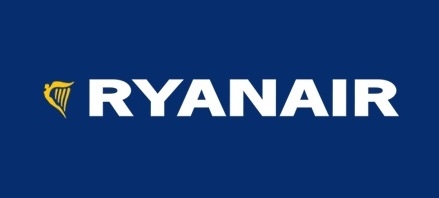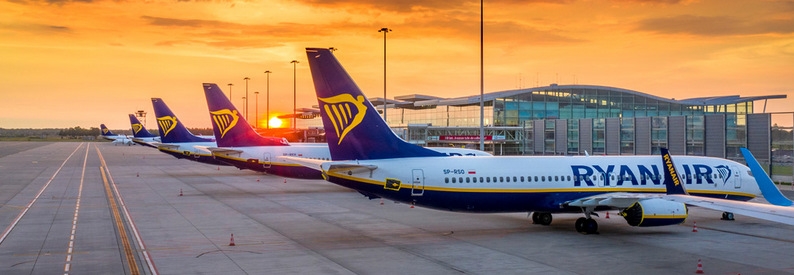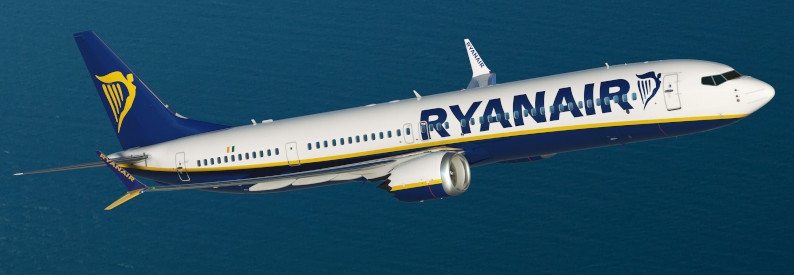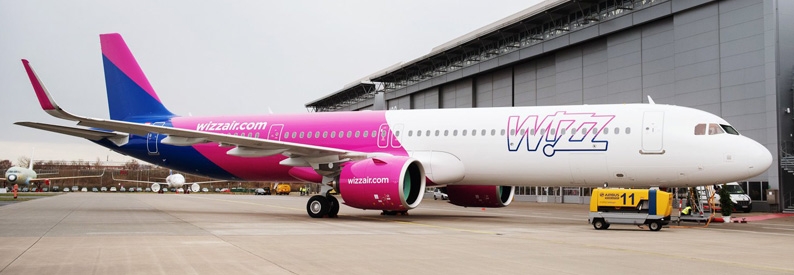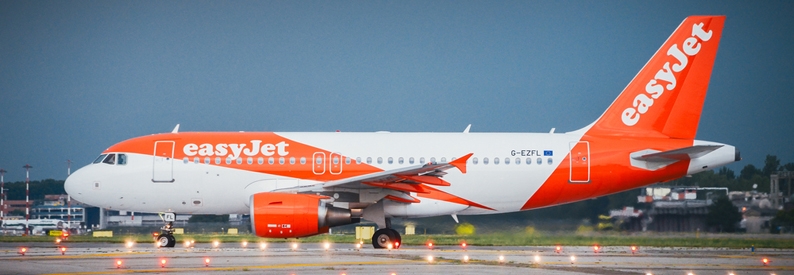Three non-profit lobby groups have thrown their support behind Booking Holdings in the travel giant’s ongoing legal battle in the United States with Irish budget carrier Ryanair (FR, Dublin International), which accuses it of unauthorised screen-scraping of its flight data.
The dispute began in 2020 when Ryanair sued Booking Holdings and its subsidiaries Booking.com, Kayak Software Corporation, Priceline.com, and Agoda Company in the US District Court for the District of Delaware, alleging that the platform accessed and sold the airline’s fares without permission, violating the US Computer Fraud and Abuse Act (CFAA). Screen-scraping involves extracting data from a website, in this case Ryanair’s flight and fare information, and reselling it via third-party platforms.
On July 25, 2024, a Delaware jury found Booking.com liable for causing economic harm to Ryanair and awarded the airline USD5,000 - the minimum amount required to bring a claim under the CFAA.
However, on January 31, 2025, the trial judge amended the verdict, agreeing with Booking.com that Ryanair had failed to prove at least USD5,000 in attributable losses, a necessary condition for civil liability under the CFAA.
On February 28, 2025, Ryanair appealed the judge’s decision, arguing that the court had overstepped its authority by reversing the jury's findings. The airline seeks either reinstatement of the verdict or a new trial.
Enter the Electronic Frontier Foundation
In response, the Electronic Frontier Foundation (EFF), a digital rights group co-founded by Grateful Dead lyricist John Barlow and Apple co-founder Steve Wozniak, submitted an amicus brief to the US Court of Appeals on July 17. It argued that Ryanair’s approach represented a "dangerous" expansion of the CFAA, transforming it from an anti-hacking law into a tool for suppressing competition.
According to the EFF, the CFAA should be limited strictly to cases involving technological hacking or bypassing security measures - not to breaches of a website’s stated terms of service. Web scraping, the EFF maintains, is widely used across sectors for legitimate purposes such as price comparison, research, and journalism, and should not be criminalised under the CFAA.
The EFF further warned that accepting Ryanair’s interpretation could embolden companies to use the CFAA to arbitrarily restrict access to publicly available data, undermining transparency, innovation, and fair competition. Such a precedent, it argued, would have "chilling" effects across industries and inhibit practices that are common and beneficial to the public and the economy.
Who can view public data
Also weighing in is the Reporters Committee for Freedom of the Press, which filed its own brief on July 18. This organisation, which provides free legal support to journalists, expressed concern that the district court’s interpretation would effectively criminalise everyday journalism activities, such as using test accounts or scraping public websites.
Citing previous case law, the group emphasised that the CFAA is meant to target malicious hackers, not reporters or researchers who access publicly available information. Allowing website owners to unilaterally decide who can view public data, the committee argued, would raise serious First Amendment and due process issues.
Airlines benefiting from OTAs
The Travel Technology Association (Travel Tech) also filed a brief on July 18 supporting Booking.com, disputing Ryanair’s claims that online travel agencies (OTAs) harm consumers. It argued that OTAs enhance competition, increase consumer choice, and improve price transparency - benefits Ryanair itself indirectly enjoys.
Travel Tech also refuted allegations that OTAs withhold customer contact details, noting compliance with industry standards and Ryanair’s failure to prove otherwise. It aligned with the other groups in asserting that Booking.com did not breach the CFAA as it did not bypass any technological barriers.
The group urged the appeals court to adopt a narrow, hacking-focused interpretation of the CFAA to avoid criminalising standard industry practices and to uphold the lower court’s ruling on stronger, principle-based grounds.
